In today’s business world, risk management is essential to protecting your company’s financial health. One critical component of a comprehensive risk management strategy is commercial umbrella insurance. This type of insurance provides an extra layer of protection, ensuring that your business is safeguarded against substantial claims that could otherwise exceed your primary insurance coverage. At Muir Insurance Group, we believe in educating our clients about all available policies, empowering them to make informed decisions that best suit their business and personal needs.
What Is Commercial Umbrella Insurance?
Commercial umbrella insurance is a type of liability insurance designed to provide additional coverage beyond the limits of your existing policies, such as general liability, commercial auto, and employer’s liability insurance. Think of it as a financial safety net that kicks in when your primary insurance policies are maxed out.
For example, if your general liability policy has a limit of $1 million, and a claim is made against your business for $1.5 million, your commercial umbrella insurance would cover the additional $500,000, assuming your umbrella policy limits are sufficient.
Who Needs Commercial Umbrella Insurance?
While every business can benefit from the extra protection offered by commercial umbrella insurance, it is particularly crucial for:
- Businesses with High Liability Risks: Companies operating in industries with high exposure to lawsuits, such as construction, manufacturing, and healthcare, should strongly consider umbrella insurance.
- Businesses with Public Interaction: If your business involves frequent interaction with the public, such as retail stores, restaurants, and entertainment venues, the likelihood of liability claims increases.
- Businesses Owning Multiple Properties or Vehicles: More assets can mean more potential for liability. Companies with multiple commercial properties or a fleet of vehicles can face higher risks.
- Businesses with Significant Assets: Companies with substantial assets need to protect those assets from being seized to satisfy large claims. Umbrella insurance provides that protection.
- Businesses Contracting with Large Clients: Large clients often require higher liability limits, and an umbrella policy can help you meet those contractual requirements.
What Does Commercial Umbrella Insurance Cover?
Commercial umbrella insurance extends the coverage limits of your underlying liability policies, covering a range of scenarios, including:
- Bodily Injury Claims: Additional coverage for medical expenses, legal fees, and settlements or judgments if someone is injured on your business premises or as a result of your business operations.
- Property Damage Claims: Extra protection for damage caused to someone else’s property due to your business activities.
- Personal and Advertising Injury Claims: Coverage for claims related to defamation, libel, slander, copyright infringement, and false advertising.
- Legal Defense Costs: Costs associated with defending your business in lawsuits that exceed your primary policy limits.
It is important to note that you need to be specific about what you want your commercial umbrella policy to cover. Michael Muir, President of Muir Insurance Group, discusses coverage gaps in insurance stating “we have frequently seen companies with coverage gaps because they did not get specific. For instance if a company has regular insurance policies for property, auto, and workers comp, but then they take out an umbrella policy that only specifies property and auto, they will not be covered for workers comp claims that exceed their regular policy.” It’s important to understand what you want your umbrella policy to cover and what umbrella policies typically do not cover, such as intentional criminal acts by your business or employees.
How Much Does Commercial Umbrella Insurance Cost?
The cost of commercial umbrella insurance varies based on several factors:
- Business Size and Industry: Larger businesses or those in high-risk industries typically pay more due to the higher potential for claims.
- Existing Coverage Limits: The higher your existing policy limits, the lower your umbrella insurance premiums may be.
- Desired Coverage Amount: Higher umbrella policy limits will result in higher premiums. For instance, a policy providing an additional $1 million in coverage will cost less than one offering $5 million.
- Claims History: A history of frequent or severe claims can increase your premiums.
- Location: The geographic location of your business can impact your rates due to differing local risks and legal environments.
On average, small to medium-sized businesses can expect to pay anywhere from $500 to $1,500 annually for a $1 million umbrella policy. However, costs can be higher for larger businesses or those in high-risk sectors.
Final Thoughts
Commercial umbrella insurance is a vital part of a robust risk management strategy, offering an additional layer of protection that can help safeguard your business against substantial claims.
“Given the current trend of high insurance settlements and jury verdicts, umbrella and excess liability policies have become essential in insurance and risk management programs,” states Michael Muir.
At the end of the day, investing in commercial umbrella insurance provides peace of mind, knowing that your business has a financial safety net in place to handle unexpected, high-cost claims. Muir Insurance Group has you covered. If you’re considering adding this essential coverage to your risk management portfolio, consult with a Muir Insurance Group professional to tailor a policy that meets your unique needs and budget. Contact us today for more information or a free quote.
